4 Best Russian Language Video Games You Should Know to Learn Russian
Sometimes after a long day, you want to relax but at the same time you want to do something to improve your Russian. Some people watch films, others put on some Russian music, but there is another way, Video Games.

Sometimes after a long day, you want to relax but at the same time you want to do something to improve your Russian. Some people watch films, others put on some Russian music, but there is another way, Video Games.
Over on Speechling’s English blog Stephanie wrote a great article on why playing video games can be fantastic way to complement your language learning. Read her article for the full story but put simply, games are a useful way to to expose yourself to new language that you might not learn in text books and practice using your language skills without the pressure of being judged by another human. Furthermore, unlike music and films, which engage you only as a passive listener/observer, games require you to actively engage with the language in order to achieve your goals and progress through the story. This is not true of all games of course. Many modern games use so many visual indicators (like maps, in-game markers, and button prompts) that it is possible to complete them without understanding a single word. The best games for language acquistion require you to listen carefully to characters using your target langauge in order to understand where you are meant to go and what you are meant to do.
So to help all you Russian learners out there, here’s a list of four amazing games, all chosen with the aforementioned strengths in mind, that you can use to improve your Russian. All of the games listed are available on PC through Steam but may also be available on other platforms and through other services.
(DISCLAIMER: If you do decide to check out any of these games be careful to check that Russian language is supported before you buy. Copies from different regions and on different platforms may have different language options to the versions of the games linked in the text below.)
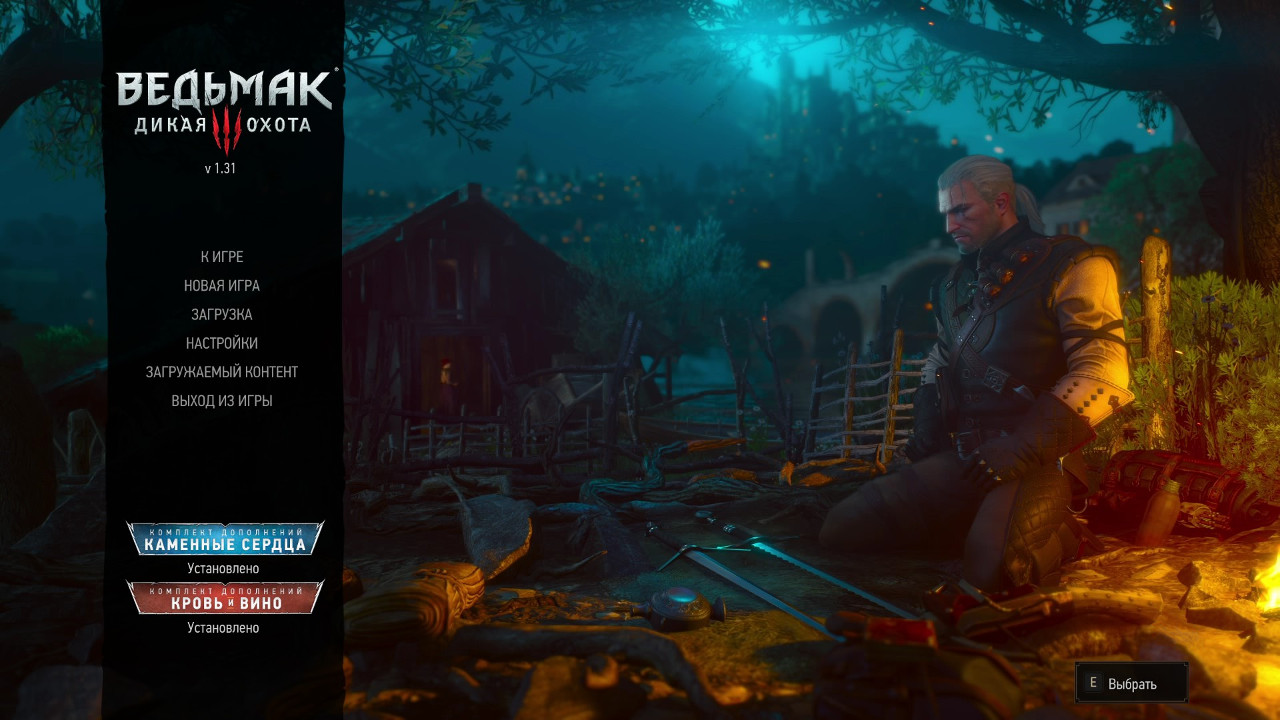
The Witcher 3: Wild Hunt
“The Witcher 3” is an open-world, single-player role playing game based on the Witcher book series written by Polish author Andrzej Sapkowski and developed by the Polish studio, CD Projekt Red. The game follows the adventures of Geralt of Rivia. Geralt is a witcher, a supernaturally altered human specially trained from a young age to slay monsters. As a result of their mutations witchers are shunned by other humans but, regardless of this, many are still happy to pay them to risk their lives driving away paranormal beings should the need arise.
Much of your time in the game will be spent doing just this kind of contract work; seeking out people, tracking down the monsters that terrorise them, and using a combination of elixirs, magic, and swordplay to end the threat that they pose. Despite this, not all your foes will be monsters; war rages between the Northern Kingdoms and the Empire of Nilfgard. Famine, local warlords, and a fanatical, over-suspicious church all add to the woes of the people of the land. Caught in the middle of this struggle, you must also fight your own battle, seeking to rescue your adopted daughter Ciri from the clutches of the spectral riders of the Wild Hunt.

“The Witcher 3” is obviously the third game in the Witcher series but playing the other games is not really necessary to understand the main thrust of the story. Nevertheless, as the game does include numerous small references to the events of previous games it might just be worth your time to play them if you have the time. Just don’t expect the gameplay in the first and second games to be as smooth and polished as it is in the third if you do decide to start from the beginning of the series (the first in particular really shows its age).
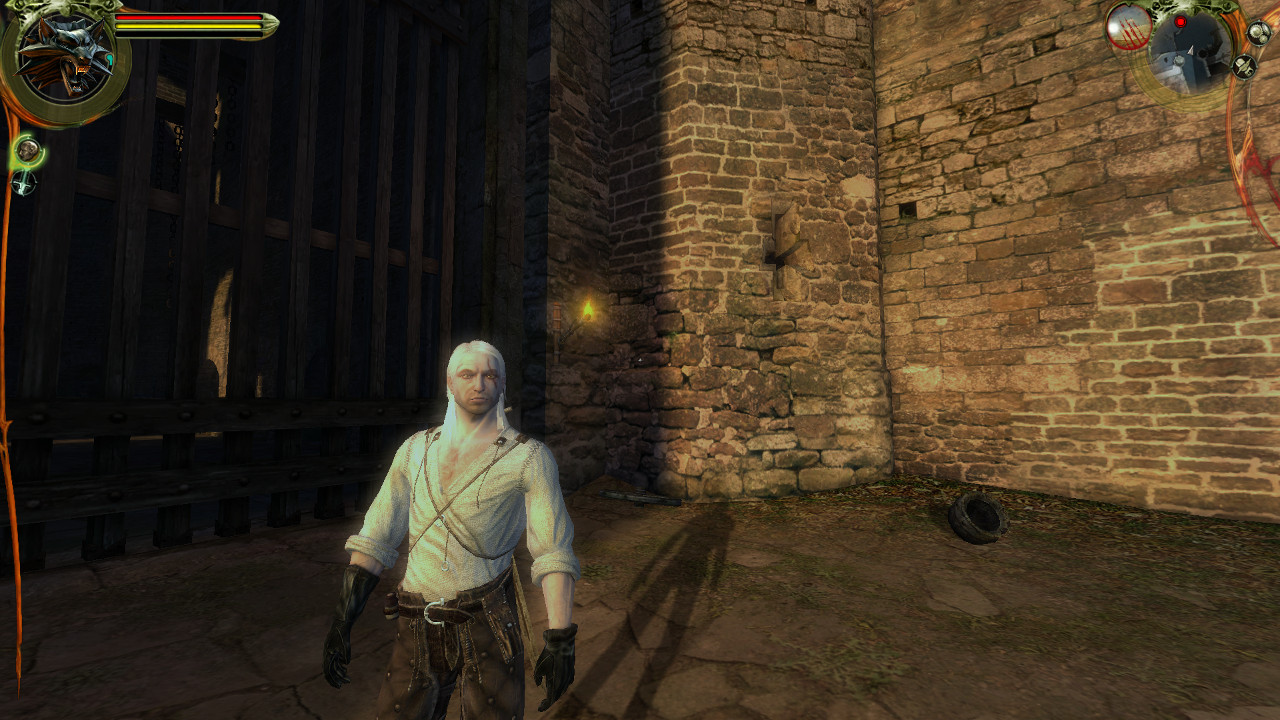
“The Witcher 3” is a great game to play if you are an intermediate-advanced student of Russian. Whilst there is plenty of action in the game, one of its main strengths is its narrative. You’ll be spending a lot of time talking with the game’s many varied and interesting characters, during which time you’ll be progressing the main plot, learning about the world, and making some taxing moral choices. Even when you’re just walking around in the world, you’ll frequently come across passers-by who’ll shout out phrases or groups of people who’ll be having conversations amongst themselves. These phrases are just repetitive enough for them to stick in your head without getting annoying, and the fact that roadside conversations are often not subtitled makes them into nice little tests of your listening skills in the middle of gameplay. Honestly walking round in one of the games bigger cities is a nice way to feel like you’re immersed in a native speaker environment without having to leave home.
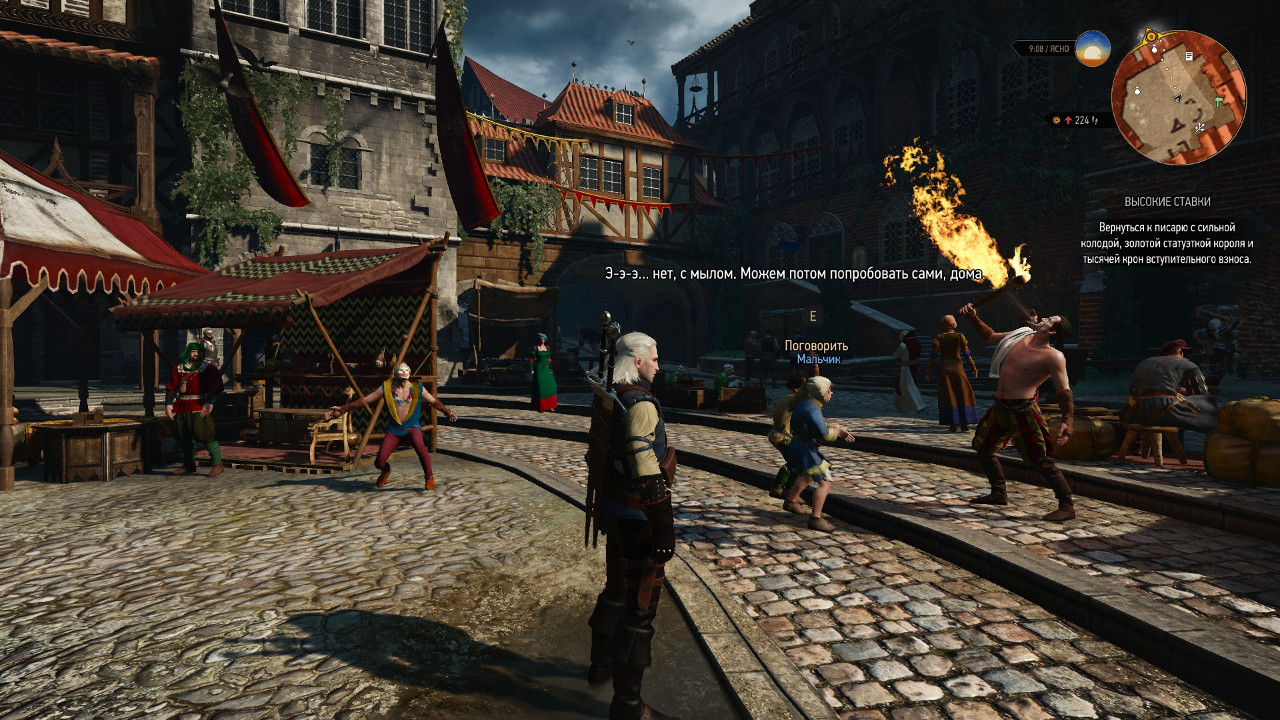
The entire game can be played in Russian and language settings for audio and text can be changed independently of one another. This means that less confident Russian learners can play through the game with Russian audio and English subtitles, making sure they don’t miss out on the story whilst still allowing them to passively pick up on plenty of new words and phrases. In addition, as the game draws heavily from Slavic and Eastern European mythology you might even learn a thing or two about the pre-Christian roots of Russian culture. For example, pay attention to the names of Geralt’s spells if you want to know more about Slavic pagan gods
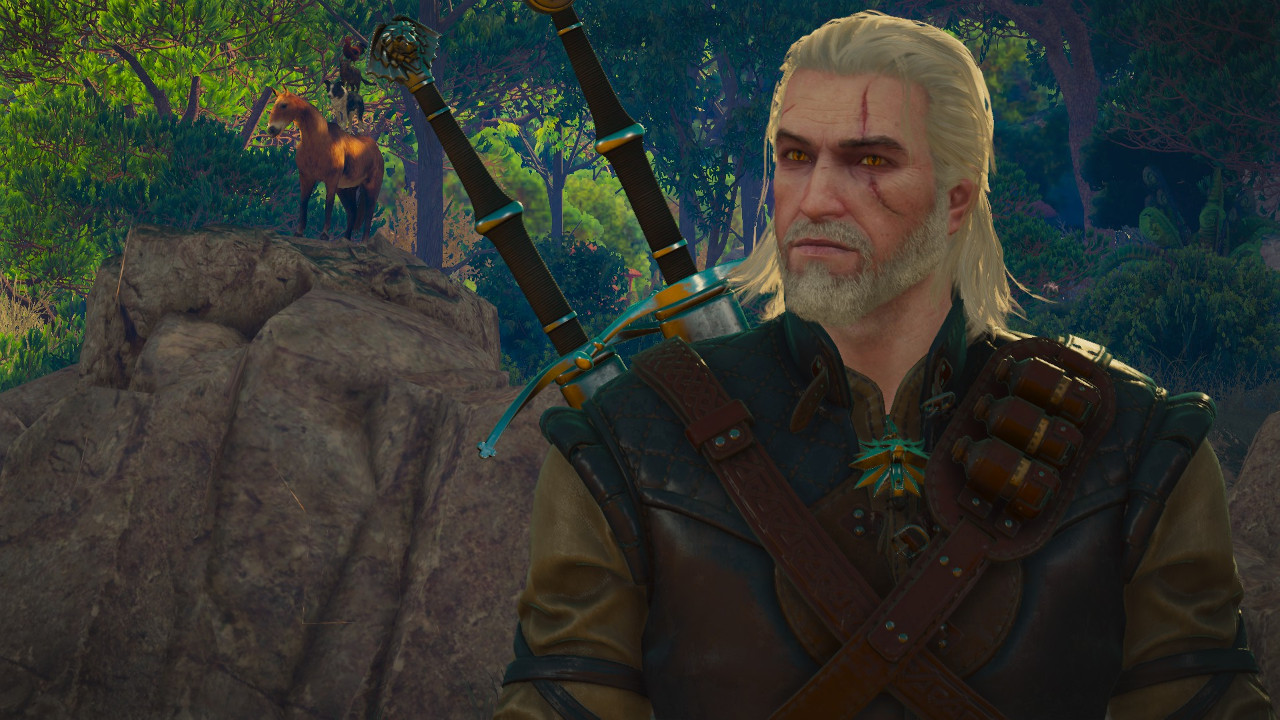
There is one thing to keep in mind when playing “The Witcher 3” however. This is a fantasy game set in a medieval world and the language reflects that. A few of the phrases you’ll hear most regularly actually won’t be super useful in everyday Russian conversations. Бывай might be a common way to say goodbye in game, but back in the real world it sounds a bit weird, kind of like if you were to say “fare thee well” to everyone in English.
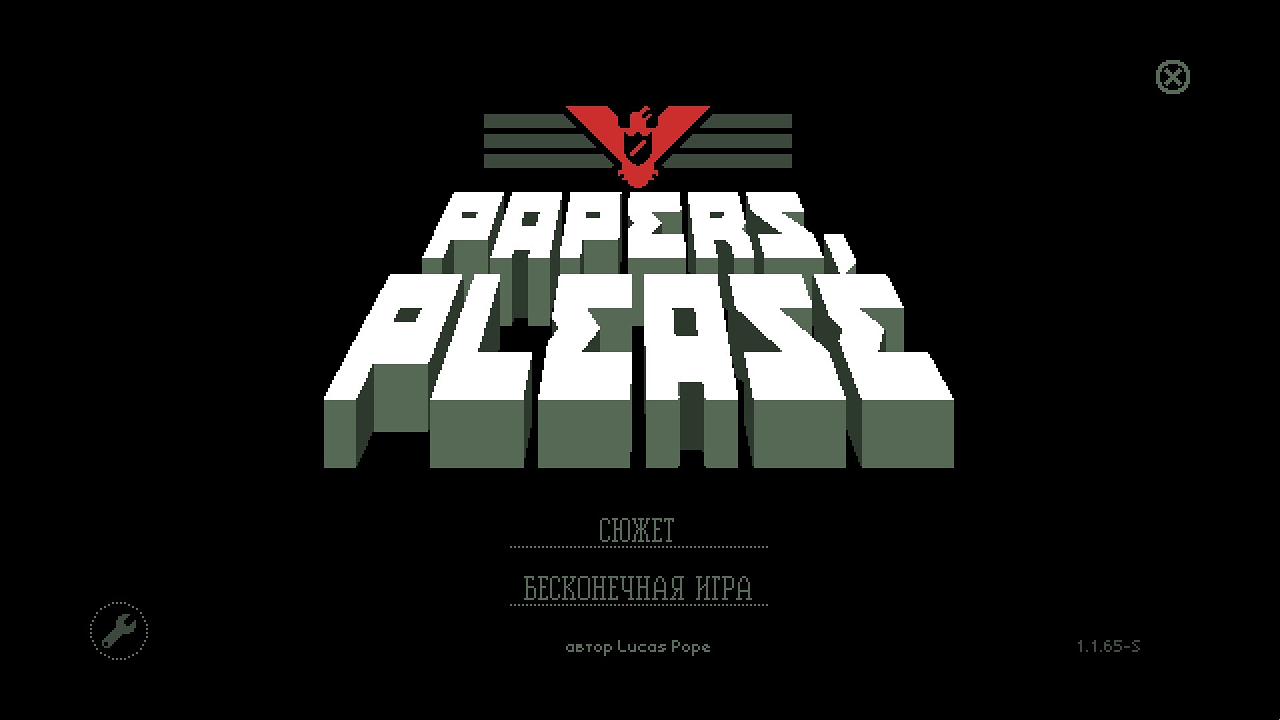
Papers, Please
If someone put you in a room and told you to check passports and other travel documents for hours on end I doubt you’d find it fun. Somehow though, Lucas Pope’s game “Papers, Please” manages to take exactly this concept and turn it into something that that you’d willing spend a good few hours of your life on. In “Papers, Please” you play an unnamed border guard working in the vaguely authoritarian, Soviet-esque nation of Arstotzka. It is your job to check the documents of all those wishing to enter the country for any inconsistencies and then either grant or deny them entry; money is earned for every correctly processed individual and taken away every time you let someone without the proper documents cross the border. The checking process starts off easy; you only have to check to see if someone has a valid passport and that their photo matches. Slowly however, the game introduces new mechanics, and you’ll end up checking visas, requesting fingerprints, conducting “random” scans, and much more.
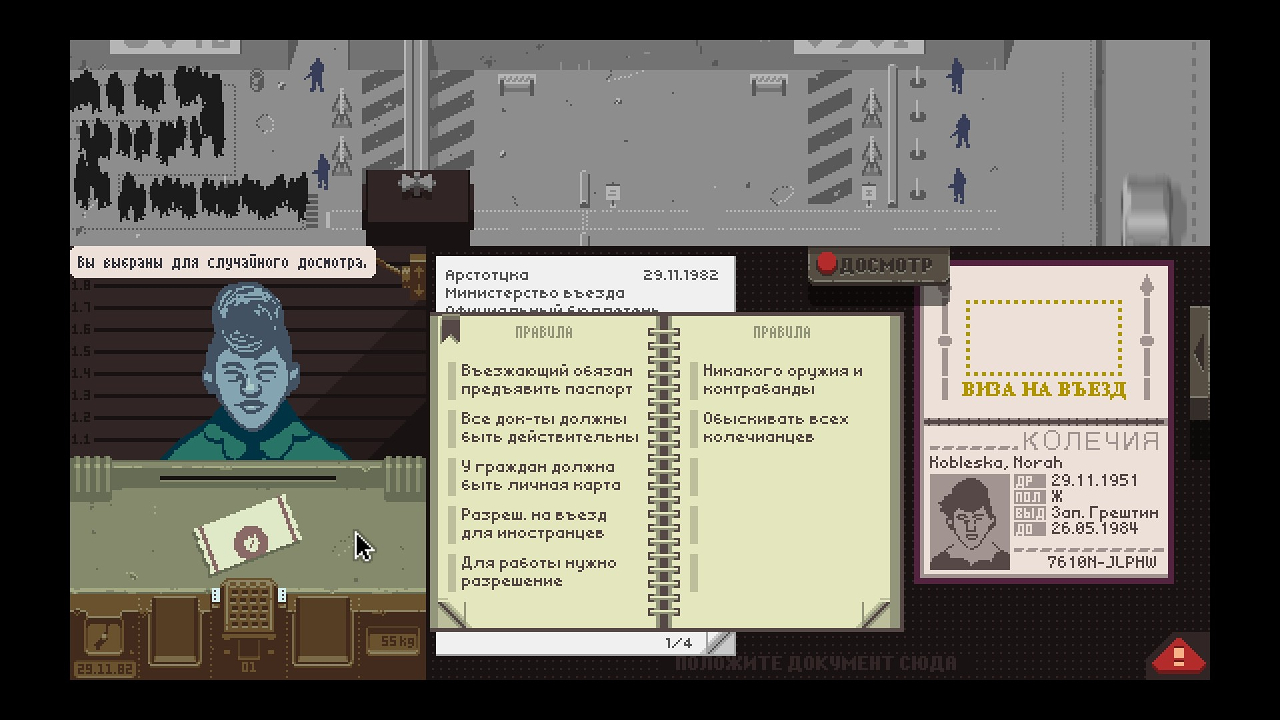
The language used in the game is pretty limited; there’s only text, no audio, and most of what you’ll have to read will be travel documents or related to travel documents, so you’ll keep seeing the same phrases like срок дествия (period of validity) and дата везда (date of entry) popping up again and again. When you are checking documents you’ll be on a time limit, but when you do have to read other things you’ll normally have plenty of time. Also the timer for when you’re checking only starts when you click to call the first person to be checked, so you always have plenty of time to examine new rules. This makes the game perfect for beginners, especially those who want to speed up their reading.
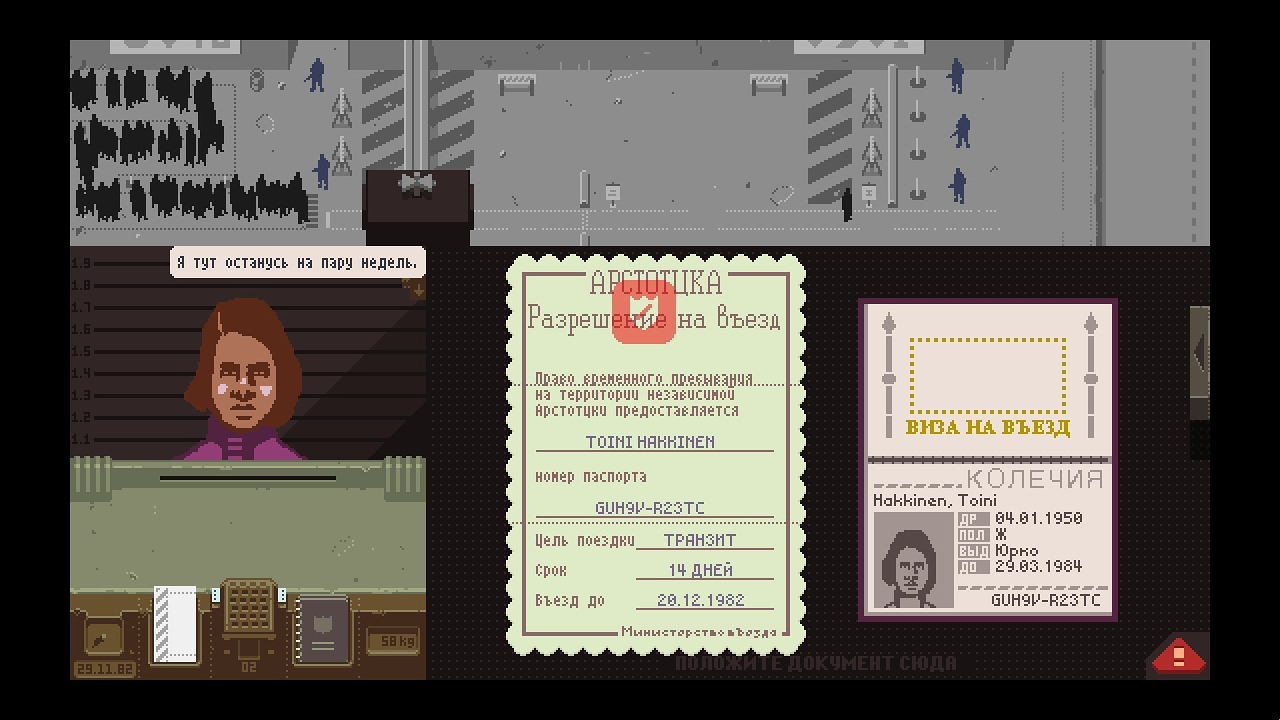
Given the limited scope of the game's language, you’re not going to be able to master Russian if you just play “Papers, Please” for hours every day. Even the vocabulary you will learn might not be exceptionally useful for the casual student (fortunately for any English speakers travelling to Russia, Russian visas tend to be written in both English and Russian). Nevertheless, it might be handy to know how to talk about your purpose of travel and your date of entry and exit, should you ever be stopped and questioned about it on the Russian border.
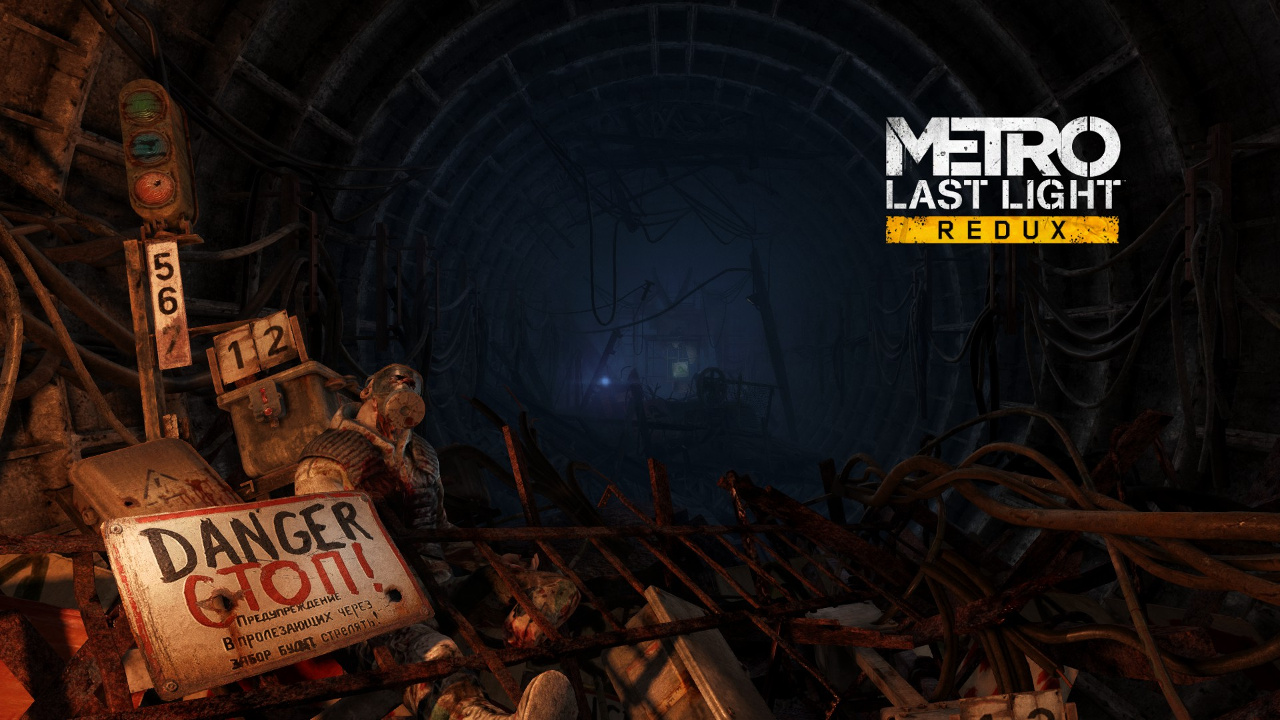
Metro 2033/Metro Last Light
How about a two for one? “Metro 2033” and “Metro Last Light” are two games developed by the Ukrainian studio 4A Games based on the Metro book series by Russian author, Dmitrii Glukhovsky. The stories of both games take place deep beneath Moscow in the city’s metro system, in a future where nuclear war has made prolonged life on the surface impossible. You play Artyom, a resident of the Metro travelling between its various stations, which have become like small city states, to save your home. The story of the first game, “Metro 2033”, is based directly on the book of the same name. In it you are tasked with finding a way to drive away superhuman mutants known as “the dark ones”, who have been attacking your home station of VDNKh. The story of “Metro Last Light”, which I won’t explain in detail here to avoid spoilers, follows on directly from the end of the first game and doesn’t strictly follow the story of any of the Metro books.
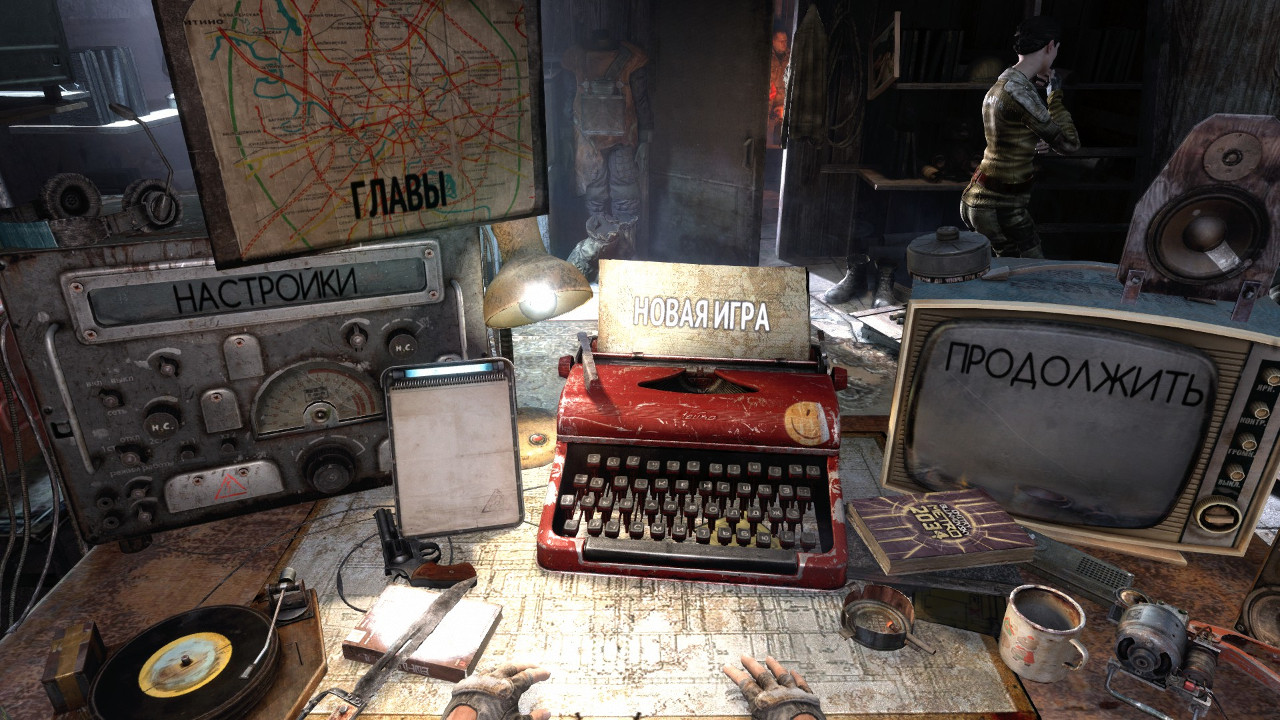
The characters in the Metro games speak in a way that is very close to how the average modern Russian speaks, at least in comparison to the characters in any other game on this list. Obviously there are still plenty of relatively useless terms you’ll pick up though play (there are few situations in which you’ll need to say чудовище (monster) or мутант (mutant)) but nevertheless you’ll find plenty of everyday expressions and modern slang mixed in with the more fantastical elements. One major downside of this game is that, as it’s quite linear, you will rarely be able to get a character to repeat something they’ve already said. You’ll be able to re-listen to lines of dialog if you die and have to start from a checkpoint but otherwise you won’t just be able to ask like you can in “The Witcher 3”, for example. As a result intermediate-advanced students will get far more out of playing metro than beginners will. That said you do have a notepad in-game that all your objectives are written on so you shouldn’t ever get completely stuck and, for those who are still worried about their ability to understand everything, it’s possible to control the language of each game’s audio and text separately so you can play with subtitles.
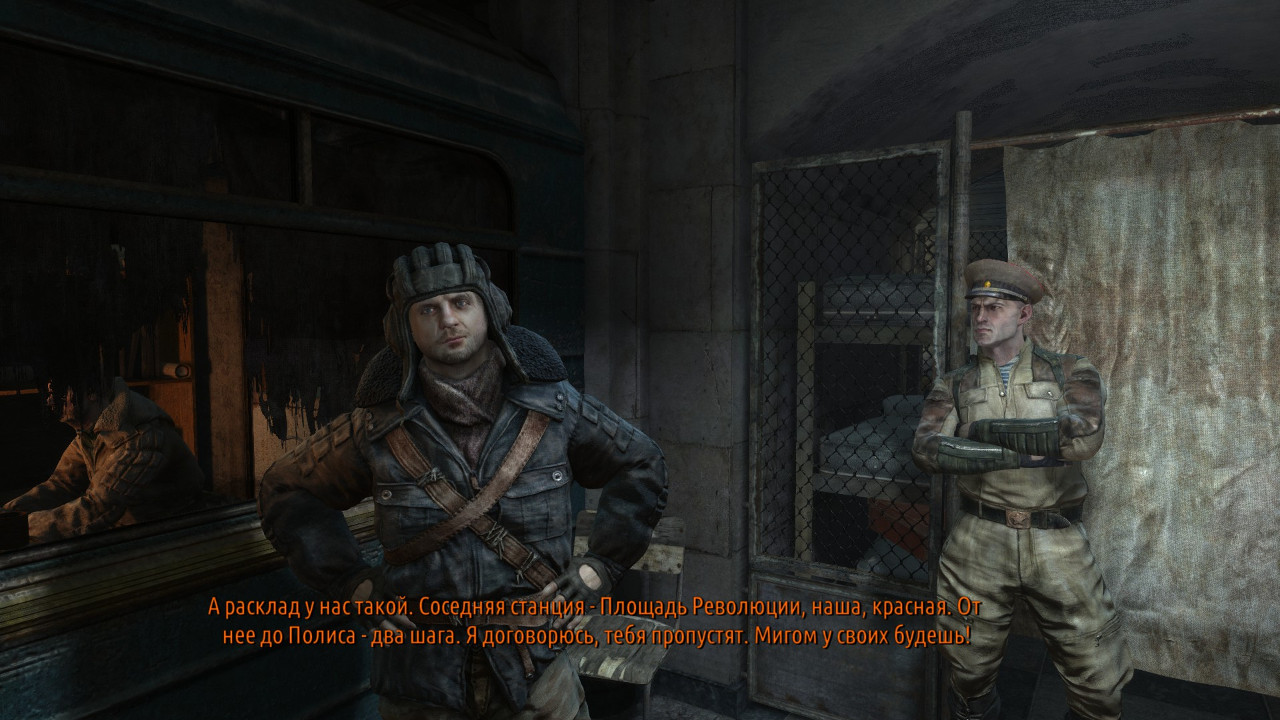
As with “The Witcher 3”, one of the main strengths of the Metro games as language learning tools is the amount of immersion they bring to the table. Standing in one of the game’s larger populated stations does a good job of replicating the feeling (linguistically speaking) of standing on a busy Russian street. As you walk around you’ll hear snippets of conversation between the people you walk past. Stopping and listening to these is great practice. There’s also plenty to read in the two games. As you travel around the metro you’ll be able to find fragments of Artyom’s diary, all of which can be used for reading practice if you’ve gotten bored of textbook texts.
If you enjoy “Metro 2033” and “Metro Last Light”, the next game in the series “Metro Exodus” is due for release this year.
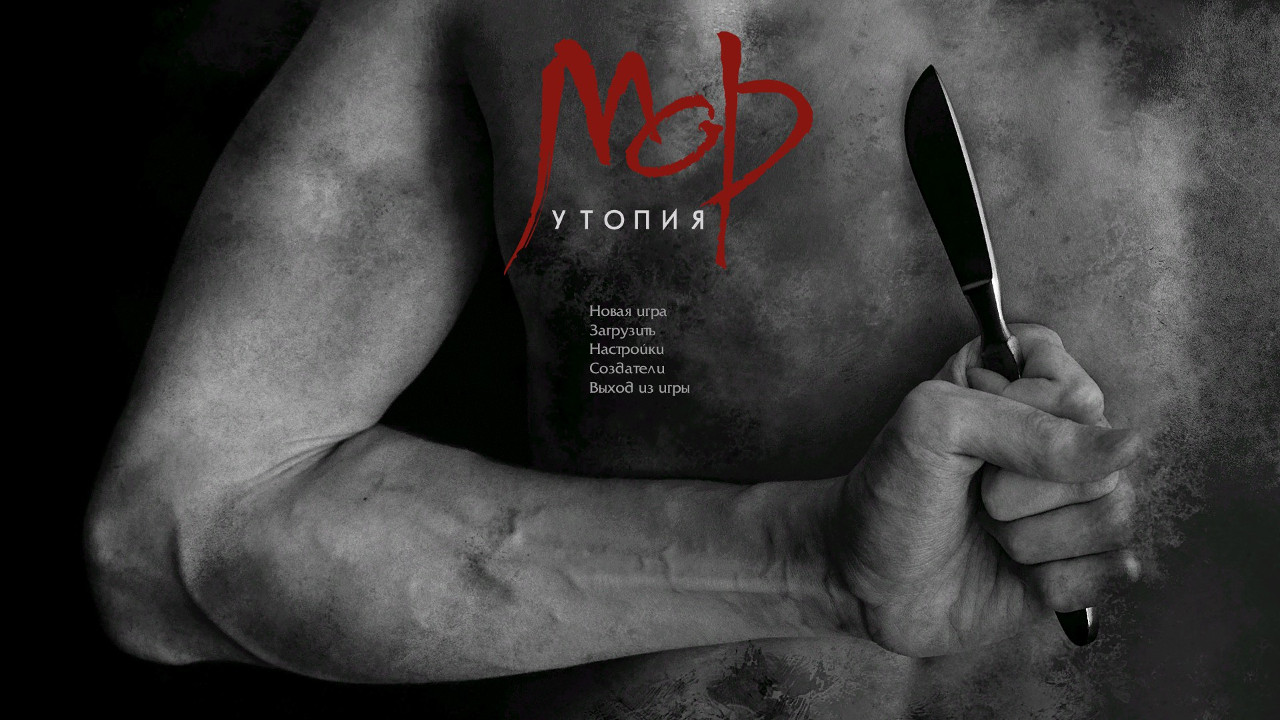
Pathologic
So far we’ve mentioned games from Poland and Ukraine, now it’s time for a game from Russia itself. “Pathologic” (Russian name: Мор Употия) is a very strange game from Russian developer Ice Pick lodge. The game was originally release in 2005 and won several awards in Russia, it also gained a small but dedicated cult following outside of Russia, despite being rather badly translated. The game is set in a small village in the hinterland of an unnamed country. You play as one of the three characters, the Bachelor, the Haruspex, or the Changeling. Regardless of who you pick, your job is to discover the source of a lethal disease, known as the “Sand Plague” which has afflicted the town. You have 12 in-game days to accomplish this task, during which you’ll also have to worry about looking after preserving your own health, the health of regular villagers, and the lives of a number of special characters. The world and the events that occur within it move on their own with or without your intervention, so you won’t have to luxury to stand around doing nothing. An updated version of the original game is available through steam but Ice Pick Lodge is currently working on a crowdfunded remake/sequel due for release this year.
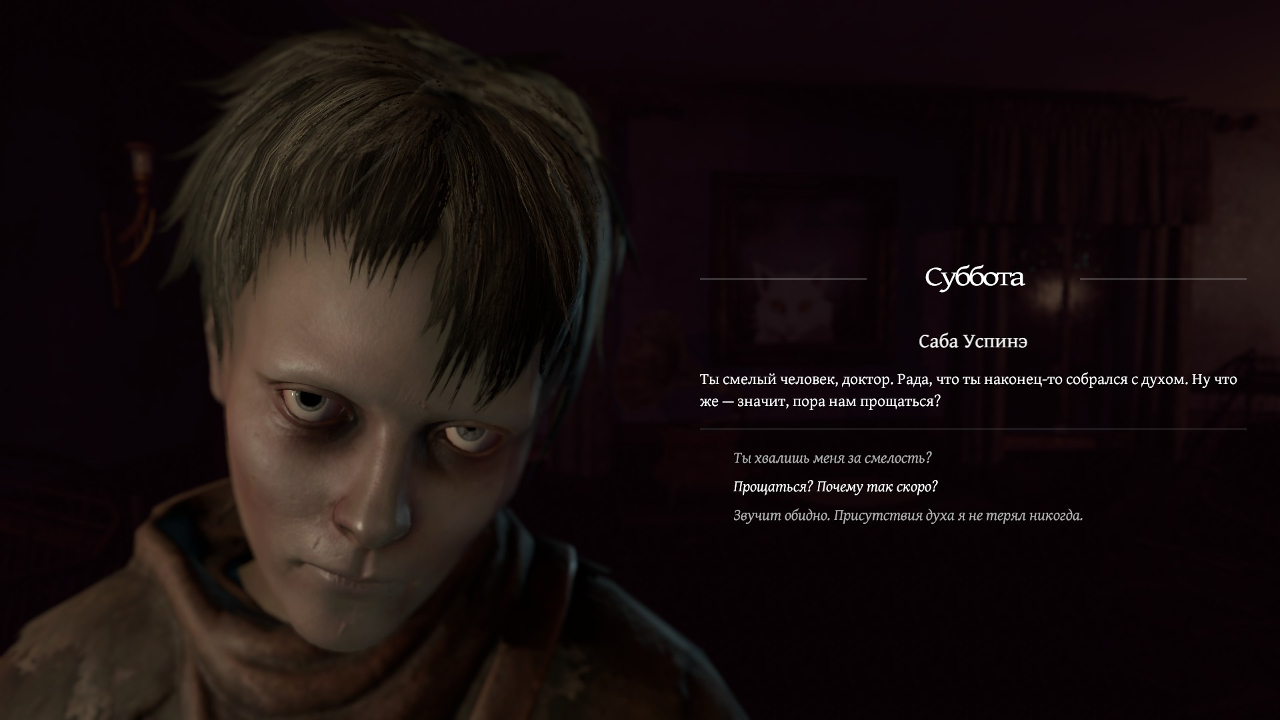
This game is really only recommended for upper-intermediate and advanced level students. One of the main reasons that the game’s original English translation was so bad is that the Russian version of the game is far from simple in its use of language. Characters talk cryptically, frequently using abstract and overly poetic phrases, which is a problem seeing as analysing what characters say to you and finding out who’s trustworthy and who’s not is key to understanding the sand plague. The game revolves around themes of superstition, fate, philosophy, and the supernatural and with characters like the ones below making an appearance, is it any wonder that it might be a little hard to understand what’s going on at times?
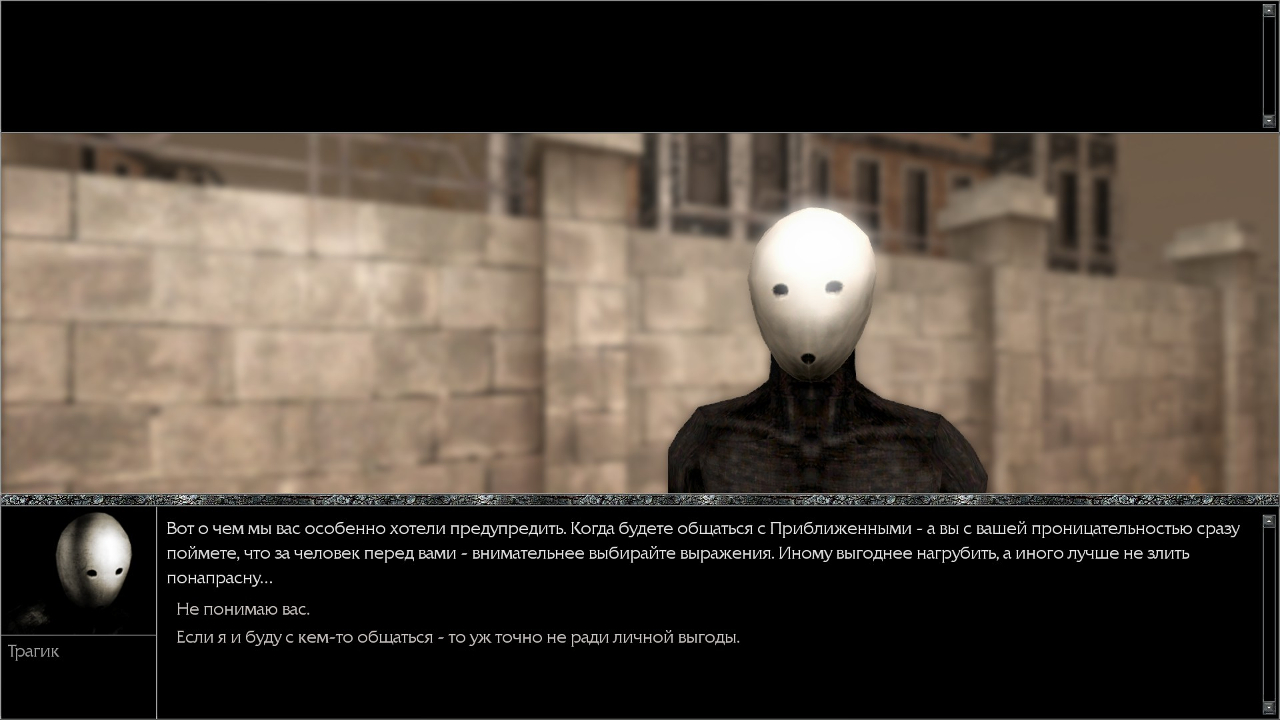
Nevertheless if you want to put your Russian to the test, Pathologic mind just be worth your time.
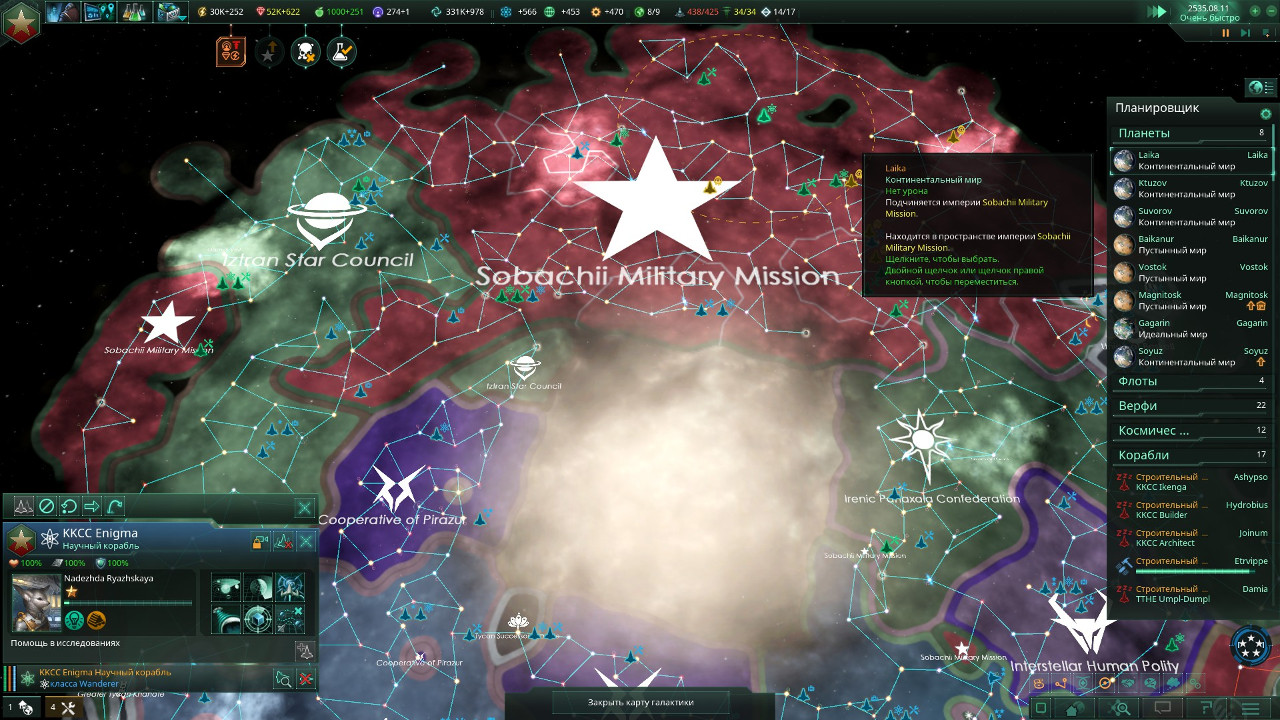
There are, of course, plenty of other Russian language games to be found on services like Steam and Good Old Games. The trick to finding games that can really help you learn a language is to find one that forces you to engage with the language to succeed. Let’s face it, if you’re playing a fighting game you don’t really need to read anything to succeed; you don’t need to know the names of your moves to do them so all you’re likely to learn are the words for “victory”, “defeat”, the names of the different characters, and a few words from the game menu. Role Playing Games, other narrative focused games, and word based puzzle games are your best bet. Beware of games where you can get lazy and rely on pictures rather than words. If a game uses lots of pictures and diagrams to explain its mechanics and systems, then it’s quite easy to fall into the trap of relying on these to understand what’s going on instead of engaging with the language (just like how you can find yourself just reading English subtitles if you turn them on when watching a film in Russian).
